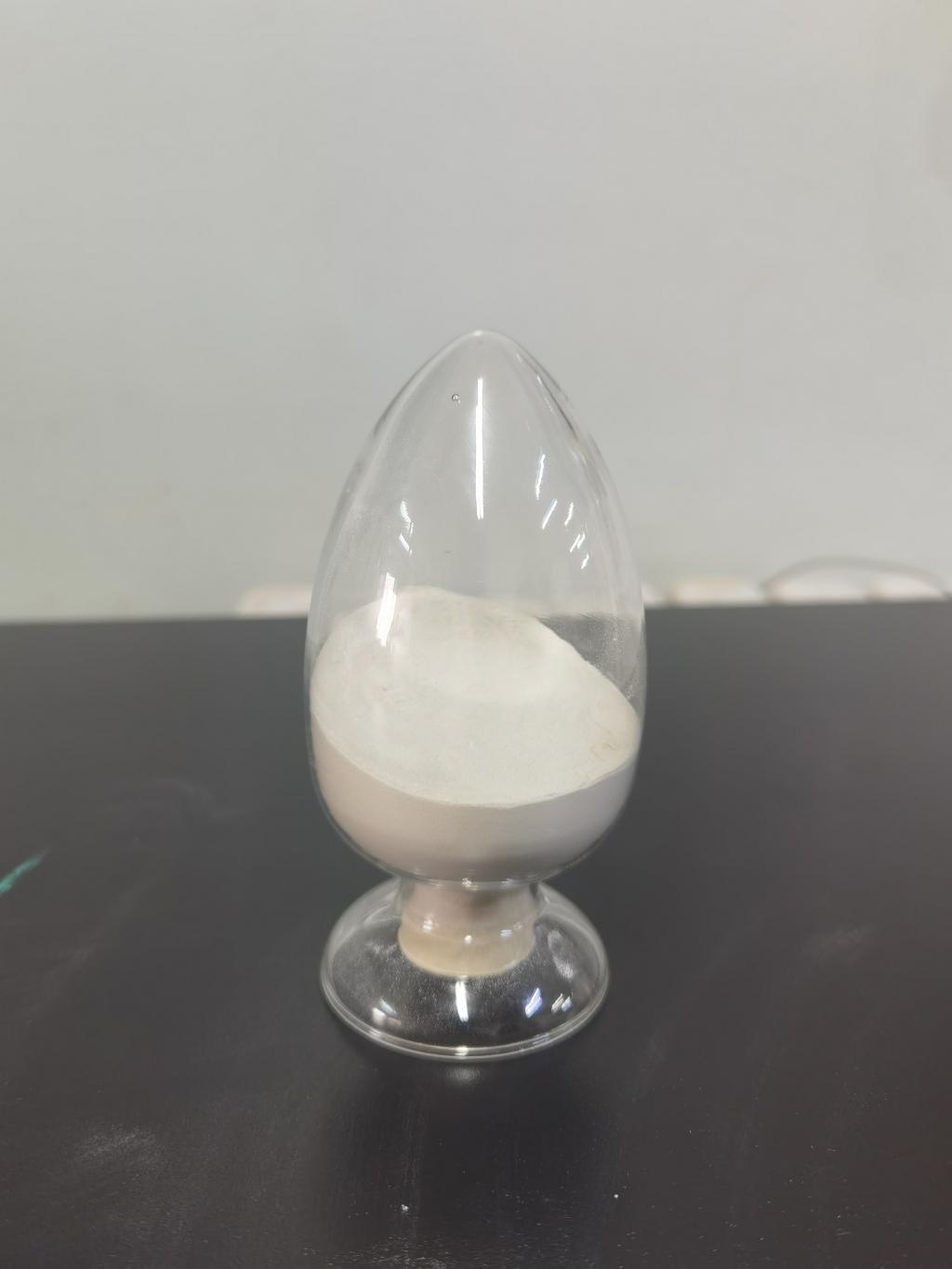Tel:+8618231198596

News
 CONTACT
CONTACT
 CONTACT
CONTACT
- Linkman:Linda Yao
- Tel: +8618231198596
- Email:linda.yao@dcpharma.cn
- Linkman:CHARLES.WANG
- Department:Overseas
- Tel: 0086 0311-85537378 0086 0311-85539701
News
How does Nisin compare to chemical preservatives in terms of safety and effectiveness?
TIME:2023-03-23
Chemical Preservatives
Chemical preservatives are used to prevent the growth of bacteria, yeast, and molds in food products. Some of the most common chemical preservatives include sorbic acid, benzoic acid, and sodium nitrite. These additives work by inhibiting the growth of microorganisms or killing them outright.
However, there are concerns about the safety of chemical preservatives. For example, sodium nitrite, which is commonly used in processed meats, has been linked to an increased risk of cancer. Benzoic acid and sorbic acid have been associated with allergic reactions, and some studies have suggested that they may have negative effects on the immune system.
Nisin
Nisin is a natural antimicrobial agent that is produced by certain strains of lactic acid bacteria. It is commonly used in the food industry to prevent the growth of bacteria, particularly in dairy products, meats, and canned foods. Nisin works by disrupting the cell walls of bacteria, leading to their death.
One of the major advantages of nisin is that it is a natural substance and is generally recognized as safe (GRAS) by the U.S. Food and Drug Administration (FDA). It has been used for decades in food products without any reported negative effects on human health. Furthermore, nisin has been found to be effective against a wide range of bacteria, including some that are resistant to traditional chemical preservatives.
Comparison of Safety
When it comes to safety, nisin appears to be a safer alternative to chemical preservatives. As mentioned, nisin is a natural substance that has been used in food products for decades without any reported negative effects on human health. On the other hand, some chemical preservatives have been linked to health concerns, such as an increased risk of cancer or allergic reactions.
Furthermore, nisin is broken down by enzymes in the human body, so it is unlikely to accumulate in tissues or cause long-term health effects. Chemical preservatives, on the other hand, can accumulate in the body over time, leading to potential health problems.
Comparison of Effectiveness
In terms of effectiveness, nisin has been found to be as effective, if not more effective, than chemical preservatives. Studies have shown that nisin is effective against a wide range of bacteria, including some that are resistant to traditional chemical preservatives.
Furthermore, nisin has been found to have a synergistic effect when used in combination with other natural antimicrobial agents, such as lysozyme or lactoferrin. This means that the combination of these agents is more effective at preventing the growth of bacteria than any of the agents alone.
Conclusion
Overall, nisin appears to be a safer and more effective alternative to chemical preservatives. It is a natural substance that has been used in food products for decades without any reported negative effects on human health. Furthermore, it has been found to be effective against a wide range of bacteria, including some that are resistant to traditional chemical preservatives.
While chemical preservatives are still widely used in the food industry, the increasing concerns about their safety have led to the search for safer alternatives. Nisin is one such alternative that shows promise in terms of both safety and effectiveness. As more research is conducted on this natural antimicrobial agent, it may become an increasingly common ingredient in food products as a means of preserving them and ensuring their safety.
However, it is important to note that there are still some limitations to the use of nisin. For example, it is not effective against all types of bacteria, and it may not be suitable for use in all types of food products. Additionally, there may be some concerns about the cost of using nisin as a preservative, as it may be more expensive than traditional chemical preservatives.
Furthermore, the use of nisin as a preservative should still be approached with caution. While it is generally recognized as safe, there is still a need for more research to fully understand its effects on human health. It is also important to consider the potential environmental impact of using nisin, as well as the potential impact on the taste, texture, and overall quality of food products.
In conclusion, while chemical preservatives have been widely used in the food industry for many years, concerns about their safety have led to the search for safer alternatives. Nisin, a natural antimicrobial agent, appears to be a promising alternative that is both safe and effective. However, more research is needed to fully understand its potential uses, limitations, and effects on human health and the environment. Ultimately, the decision to use nisin or any other preservative in food products should be based on a careful consideration of its safety, effectiveness, and overall impact on the quality and sustainability of our food supply.
- Tel:+8618231198596
- Whatsapp:18231198596
- Chat With Skype







